7 things that can discolor your teeth
Learn how making certain lifestyle adjustments can help brighten your smile.
Updated on January 8, 2025
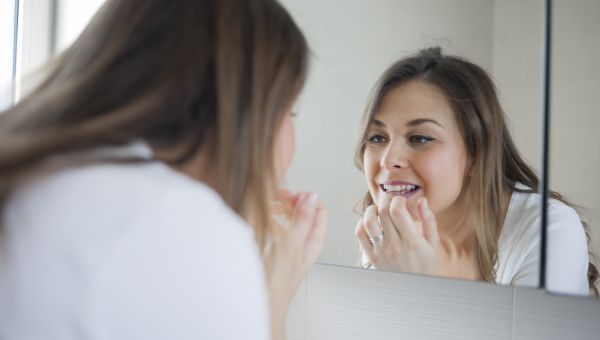
The causes of tooth discoloration may surprise you. Your diet, lifestyle choices, and even your mouthwash can stain your smile. The bright side? There are a variety of ways to remove stains and whiten your teeth, including inexpensive, at-home remedies. Here's what to know.
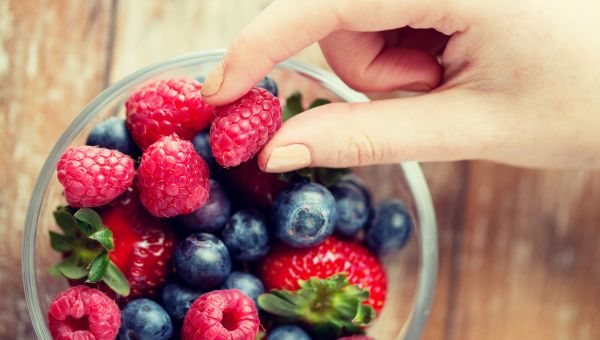
Dark-colored foods and drinks
Richly colored fruits like berries or fermented grapes (red wine) can discolor your teeth. Soy sauce is another common cause, and tea and coffee can each leave their marks
Why it happens: The natural pigments that give these foods their rich hues cause the stains. For fruits, it can happen whether they're consumed whole, as a juice, or in a jam.
How to protect your teeth: Professional cleanings and at-home oral care—brushing, flossing, and rinsing—can remove stains and whiten teeth. Brush twice each day for two minutes each time using a toothpaste with fluoride. Your toothbrush should ideally have soft bristles and be replaced three or four times each year, or when it starts to become frayed.
Make sure you also clean between your teeth once each day, using dental floss or another interdental cleaner.
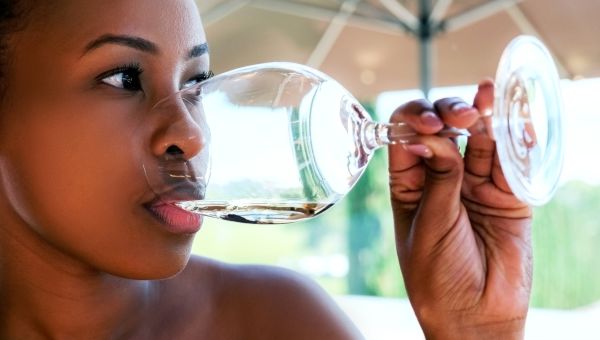
Acidic foods and drinks
Acidic foods and beverages include soft drinks, sports drinks, carbonated drinks, citrus fruits (like grapefruits or oranges), and citrus fruit juices. Sour candies are also culprits. White wine is quite acidic, as well.
Why it happens: Drinks or foods that are very acidic can weaken enamel, the outer protective layer of your teeth. This can lead to more dental plaque and ultimately, tartar. Dental plaque is a sticky film on the teeth that affects everyone, but can be prevented or removed via regular brushing and flossing. However, if not removed properly and consistently, it will harden and transform into tartar, which is notoriously hard to remove.
How to protect your teeth: One simple fix is limiting your intake of acidic drinks and foods. Barring that, there are ways to adjust how you consume these items.
For soft drinks, use a straw, and don’t hold the liquid in your mouth. Instead, swallow it quickly. When drinking wine, also drink water from a separate glass. Mouthfuls of water in between sips of wine can help with saliva flow and lower the acidity in your mouth. Cheese can also be good to eat alongside wine or other acidic foods or beverages, as it stimulates saliva and lowers acidity.
You should wait at least 60 minutes to brush after eating acidic foods or drinks, since you could increase tooth damage while enamel is in the softer state brought on by the acid.
Brushing and flossing can often remove these types of stains, but certain marks may require a professional cleaning.
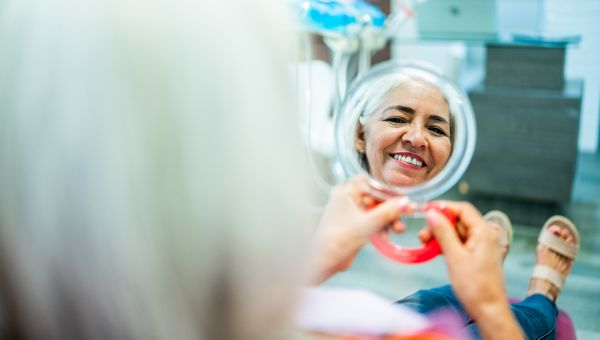
Getting older
Wrinkles and graying hair aren’t the only visible signs of aging for many people. Your teeth change over time as you grow older. What you eat can contribute to these changes.
Why it happens: The dentin, or inner part of the teeth, is naturally yellow. After years of an acidic diet, your tooth enamel may thin, revealing that yellow hue beneath. Inevitable tartar buildup can also give your teeth a yellow or brown color.
How to remove stains from your teeth: At-home whitening treatments can work for some people. For others, in-office whitening procedures may help. Be aware that professional options can run several hundred dollars, while DIY options typically cost under $100. Speak to a oral care professional for recommendations.
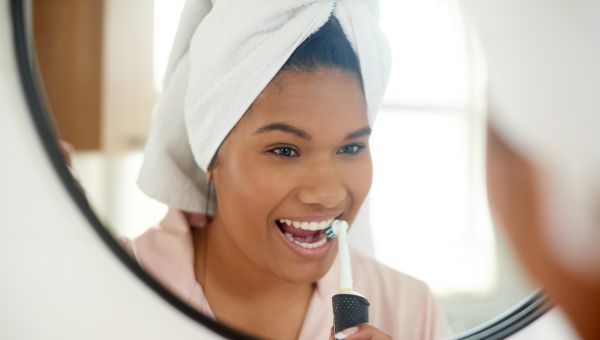
Poor brushing technique
If you don’t take care of your teeth, you may develop cavities, gum disease, bad breath—and discolored teeth.
Why it happens: The way you brush matters. When you don't do it properly, you may not reach certain places in your mouth consistently. This can contribute to staining.
How to protect your teeth: To prevent stains and erosion, brush your teeth within 30 minutes of eating (as long as you haven't had acidic foods or drinks). Hold the brush so that the bristles are angled toward the gum line to remove more plaque and clean where plaque hides. Use short back-and-forth motions across the distance of each tooth, but be gentle, and avoid scrubbing too hard. Don’t forget the inside surfaces (use short up-and-down strokes) and the chewing surfaces of your teeth, and be sure to brush your tongue. Remember to floss each day, too.
Maintaining good dental hygiene and regularly visiting an oral care professional for cleanings can help prevent discoloration. Plaque can be removed with brushing and flossing, but once it turns into tartar it’ll need to be removed at an office.
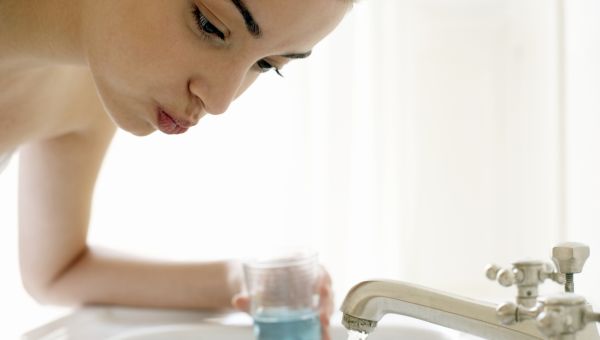
Using certain mouthwashes
Though you gargle with of the best intentions, you may be contributing to discoloration. Ingredients like chlorhexidine gluconate, found in some mouth rinses, can stain teeth.
Why it happens: Mouthwashes with chlorhexidine gluconate are typically prescribed to treat gingivitis, a common cause of gum inflammation, redness, and bleeding. A side effect is tooth and oral surface staining. This agent may also cause a buildup of tartar, which can alter tooth color.
How to protect your teeth: Use a mouthwash that has been approved by the American Dental Association (ADA) and features their seal of acceptance. Make sure you don’t rely on your mouthwash to deal with tartar buildup. It’s also important to keep up your other dental hygiene steps, like twice-daily brushing and once-daily flossing, to prevent discoloration. Still, these stains tend to be temporary and can be removed at a professional cleaning appointment.
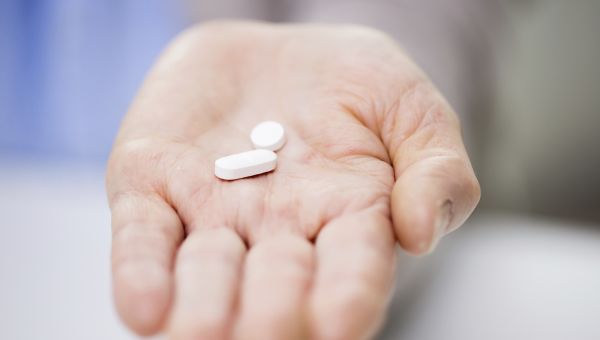
Taking certain medications
Antihistamines, drugs prescribed to treat high blood pressure, certain antibiotics, and some cancer treatments can cause tooth discoloration. According to a 2023 analysis published in Frontiers in Pharmacology, 25 different medications can interfere with your pearly whites.
Why it happens: Medications may discolor teeth in a variety of ways, including interfering with the mouth’s chemistry or damaging or thinning the enamel. In particular, this may happen among children using antibiotics and among pregnant people.
How to protect your teeth: Medications can cause extrinsic (affecting the outer part of the teeth, or enamel) and intrinsic discoloration (affecting the inner part of the teeth, or dentin). Extrinsic stains can be treated with in-office or at-home whitening procedures. Intrinsic strains may be treated with professional whitening techniques, dental bonding (applying a tooth-colored resin), and, in more severe cases, veneers.

You Use Tobacco
Add another to the long list of reasons why smoking is bad for your health: It can cause teeth to become brown. Chewing tobacco has the same effect on color as smoking.
Why it happens: Nicotine and tar stain your teeth and tongue. It’s not more complicated than that.
How to protect your teeth: Prevent tobacco-related tooth stains by not smoking or chewing tobacco. Whitening toothpastes recommended by the American Dental Association may help remove stains caused by smoking. In-office whitening procedures may also be helpful, and necessary, for removing plaque.

Cleveland Clinic. Tooth Discoloration. Page last reviewed May 24, 2024.
Cindy Zhou. When and how often should you brush your teeth? Mayo Clinic. Page last updated July 27, 2023.
Patti Zielinski. How to Prevent “Wine Teeth” This Holiday. Rutgers Health. Page last updated December 6, 2023.
Cleveland Clinic. Dental Plaque. Page last reviewed May 10, 2023.
American Dental Association (ADA). Erosion: What You Eat and Drink Can Impact Teeth. Page accessed November 11, 2024.
National Institute of Dental and Craniofacial Research (NIDCR). Oral Hygiene. Page accessed November 11, 2024.
American Dental Association (ADA). Brushing Your Teeth. Page accessed November 11, 2024.
Mayo Clinic. Chlorhexidine (oral route). Page last updated February 1, 2024.
Wang J, Zou D, et al. Drug-induced tooth discoloration: An analysis of the US food and drug administration adverse event reporting system. Front Pharmacol. 2023;14:1161728. Published 2023 Apr 13.
American Dental Association. Toothbrushes. Accessed January 8, 2024.
American Dental Association (ADA). Smoking. Page accessed November 11, 2024.
More On


video

article


video


video


video
